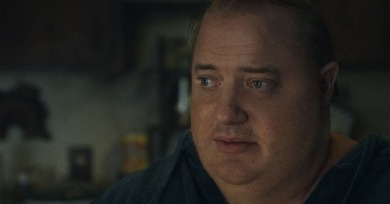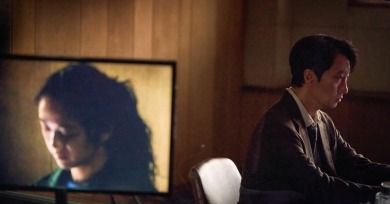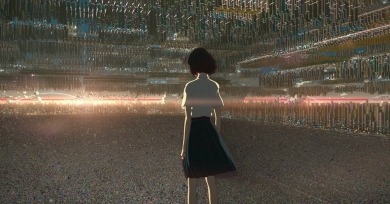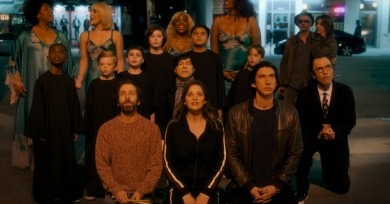Juan Barquin
Kojima encourages the player to hold back on inflicting violence on others. His continued preference for a non-lethal approach to combat (prioritizing stealth) is built into both games.
If A Silent Voice fixated on navigating guilt and Liz and the Blue Bird tapped into the anxieties of love, The Colors Within is all about balancing the expectations others have of us with the limitless possibilities that exist before we are pigeonholed in certain roles.
My First Film is surprisingly optimistic in the face of the cringeworthy and toxic behavior that the fictional director and her crew contend with on set. In spite of all the failure and frustration, it is a film with a deep affection for the craft of filmmaking and the fools who have dedicated their lives to it.
Just as Hitchcock noted that the best suspense comes from letting the audience in on the secret, Shyamalan forces the viewer to wait, wonder, and witness as Trap’s villain protagonist navigates his escape from the trap that has been set for him.
If consumers are paying the big bucks for a game (especially one they have technically already played), what are they actually getting? Padding is, unfortunately, almost always the answer, but Rebirth takes it one step further by padding an arguably padded extension of a fragment of an existing game.
The whole movie sort of feels like a meditation on our memories of suburbia, our memories of TV shows about suburbia, and the way that lives on in a dream space. It’s more fun that way for me.
Touching the Screen
Reverse Shot’s first-ever year-end games roundup.
Love Machina, Desire Lines, Sebastian, Bold Eagle, Stress Positions, I Saw the TV Glow
Maybe being trans is not the key to Hedwig. Maybe transition itself is. And transition is something that I find myself thinking about frequently, not just in regards to my own experiences with hormones and gender but in the way that my own views are constantly changing.
Touching the Screen
Part 2 of a special conversation on games and art featuring Destiny 2, Final Fantasy, Hitman, Tower of Druaga, Pathologic 2, and more.
Touching the Screen
In this special conversation for Touching the Screen, five critics discuss potential angles from which to approach video games as art.
The film presents itself as empathetic towards its protagonist but has little interest in navigating the murky terrain of what it means to exist as a fat, queer person in a world that loathes you.
A believable erotic tension builds in both silence and conversation. The film evinces a fascination with how people watch and learn from each other, its protagonists trying on different styles of performance.
Where the A. S. Byatt novel is more interested in how it presents historical details and toying with the stories that served as inspiration, insightfully analyzing and discussing everything from Chaucer to One Thousand and One Nights, Miller and co-writer Gore lean into the magic of fantasy.
Death and distance play a key role in many films nominated for the Queer Palm this year at Cannes, and many of them forgo a meaningful exploration of their characters’ desires.
His penchant for fantastic narratives has caused many to liken Hosoda to Miyazaki, but work hews closer to the heightened melodrama of his contemporaries in anime like Makoto Shinkai and Naoko Yamada. His tenderness and perpetual optimism are key to why Belle and his other films are as beautifully drawn as they are.
For all the adaptations and revisions that have existed over the decades, Spielberg and Kushner approach the material with sensitivity and an interest in richly expanding its characters that is nothing short of remarkable.
Many recent musicals have tried to ground themselves in realism or history itself, rarely breaking away to indulge in spectacle and never commenting on their approach to storytelling. Carax and Sparks, by contrast, aim to expose the artifice inherent in their production.
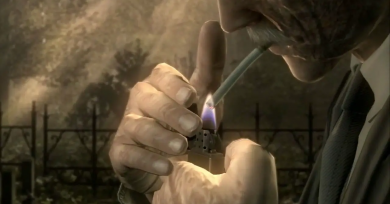

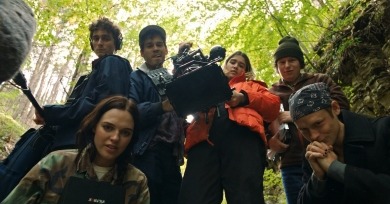


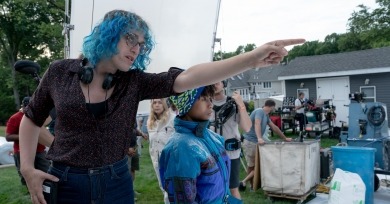

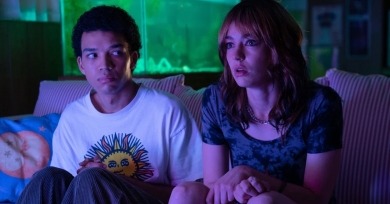
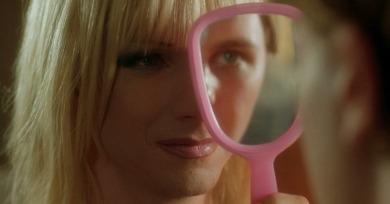

_crop-390x204.jpg)
